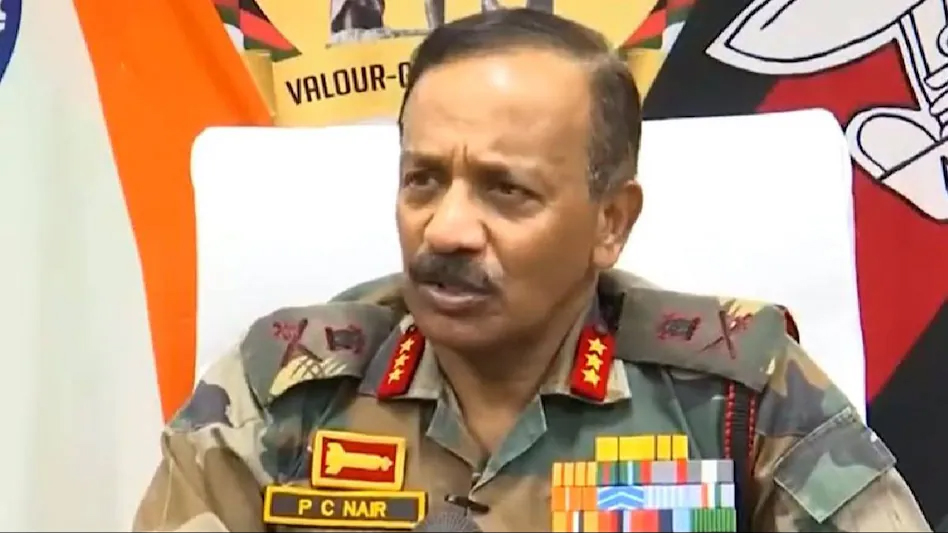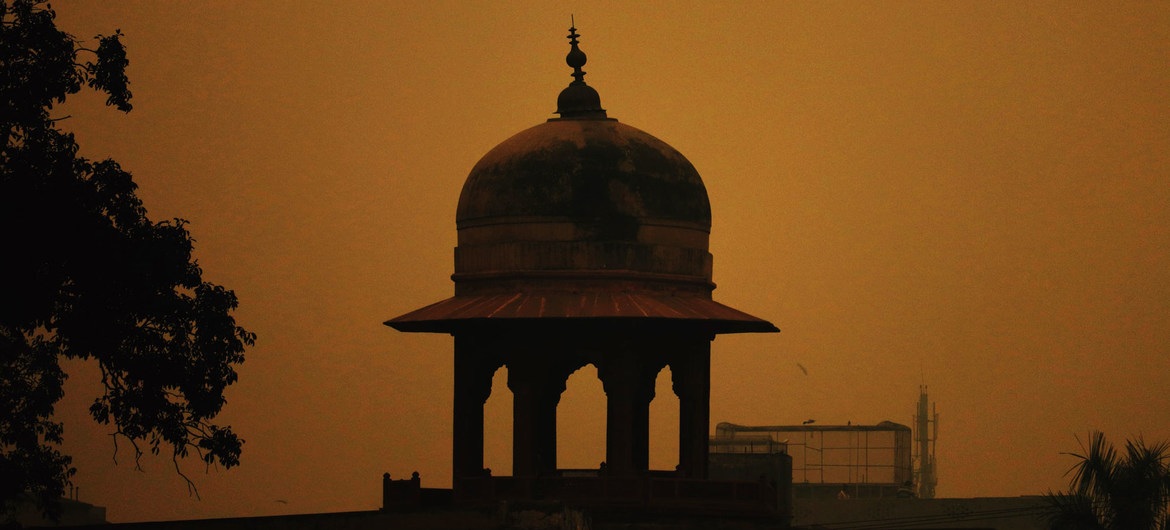One could also say, like the Governor of Kashmir does, the people in PoK will demand to reunite with their brothers and sisters as they see the development in the Indian part of Kashmir

Both our ruling political leadership and military establishment are claiming that PoK is soon to be retrieved from Pakistani occupation. On Wednesday, the Indian Foreign Minister hinted that it is a matter of time for India to acquire physical possession of PoK. Not many days ago, Indian Army Chief said, “Army is ready to take PoK back from Pakistan. It is for the government to decide when”.
The Defence Minister says, “If there will be any talk with Pakistan, it will only be about PoK, nothing else.” Finally, the policy statement on PoK came from the Home Minister in Parliament as he moved the J&K Reorganisation Bill. To a query from an MP, Amit Shah emphatically asserted, “When we talk of Kashmir, we invariably include PoK and Aksai Chin.”
Obviously, these statements and assertions are not mere rhetorics, nor pitching the tent high, to make Pakistan kowtow on the part of Kashmir that is with India which Pakistan has been desperately trying to take since 1947. If that be so, the prospect has tremendous international implications. Let us see how it may impact our foreign policy and strategic relations with the consequences of the action.

Arguably, despite the existence of International Bodies, and Laws of Nations, as prescribed by the Enlightenment political philosophers like Isaiah Berlin, the dictum of Gallic Prince still works. That is, “it is the privilege of the strong to make the weak obey”. How else one explains the shifting of the capital by Israel from Tel Aviv to Jerusalem claimed by both Muslims and Jews to be the citadel of their respective religions? How is China trampling upon the citizens in Hong Kong demanding democratic space? How has Afghanistan become a theatre of super power rivalry since the invasion by former USSR in 1979, and proxy war launched by USA ever since?
There are many such instances where either military might or formidable strategic alliances allow a country to secure its objectives. This also happens due to the controversy surrounding the action. In all the examples cited in the foregoing, there are equally potent arguments from either side on the merit of their respective cases.
From such a perspective, New Delhi can take either the strategic alliance route of military action, or both. From the statements of the key Ministers – Home, Foreign and Defence, it appears that both the options are open. At any rate, military action is usually backed by diplomacy to manage the former. We can only reasonably pontificate.

Assuming that New Delhi moves sooner or later to take possession of PoK, what are the factors which may favour New Delhi’s moves? The most significant factor is the United States’ inclination to encourage or support New Delhi in PoK. There is greater possibility of USA weighing in. The US would like to withdraw from Afghanistan; the US is bleeding endlessly without any sight of any decisive end to its engagement, worse, it may turn out to be another Vietnam; so they are worried.
Donald Trump had made a poll promise to heavily downsize their involvement in Afghanistan. He would like to fulfil that before he goes for the second term in 2020. But Trump can do so only when there is some substitute to rein in on Taliban. Americans were counting on Pakistan to do so. As the hypocrisy and double-standard of Islamabad came to the realisation of the US, the latter diluted and almost stopped the military aid to Pakistan. At the same time, Islamabad was seduced and secured by Beijing.
The above geo-political scenario, added to the headache of Americans on Pakistanis. Donald Trump and the American strategic leadership has no other alternative to leaning on New Delhi; both to help them neutralise Talibans and to frustrate the Chinese hegemonic ambition in the region. It is very likely that Americans would support India in taking PoK as it would allow India physical access to Afghanistan, so said, Subramanian Swamy who apparently knows Americans’ transactional approach. It is known that Washington has been nudging New Delhi to get militarily involved in Afghanistan. It has not happened so far because of New Delhi’s reluctance and Islamabad’s resistance.
In the changed geo-politics, New Delhi may be inclined to heed Americans’ prodding in exchange support for PoK. Having secured the full integration of Kashmir, New Delhi would aim to take PoK as it offers vital security advantages vis-a-vis Pakistan and China.
How will Beijing react to it? This is most difficult to predict. Chinese are quite opportunistic. Few countries have read Chinese mind, and that is why perhaps Europeans and Americans regret building Chinese economy which turns it into a potential political threat to world peace and security. It is China which has maximum of territorial claims on other countries.
New Delhi will have to continue to work hard in isolating China. My concern, which I have expressed in this column more than once, is that New Delhi, at times, gets lulled into comfort and complacence on India-China relations. All these ‘swing and stroll’ diplomacy with China may be continued, but at the back of our mind, we must realise China is a potential threat to India.
The other stakeholder in the region is Russia. New Delhi seems to have suddenly rekindled the old love and friendship with Russia, which was getting closer to its past foe China. In any case, Moscow has been a solid supporter of New Delhi on Kashmir. We can safely assume that Moscow would extend that unflinching support to our action on PoK.
In terms of realpolitik, New Delhi would have to use both military and diplomatic route in reclaiming PoK. It has to explain to the world that entire Kashmir legitimately belongs to India by the Treaty of Accession signed by then King and endorsed by the Kashmir Assembly. That is how other princely States acceded to India. Pakistan has no claim whatsoever. It was our benevolence, respect for international law, and some would call it Nehru’s naiveté that created the room for controversy. Now New Delhi wants to complete the historical task that remains unfinished.
In parenthesis, one could also say, like the Governor of Kashmir does, the people in PoK will demand to reunite with their brothers and sisters as they see the development in the Indian part of Kashmir.
New Delhi therefore, needs to keep the focus on the well-being of Kashmiris, both in India as well as PoK. The Kashmiris must feel their future lies in India. Hence, the restoration of normalcy in Kashmir is an urgent priority. To be sure, New Delhi is seized with this.





